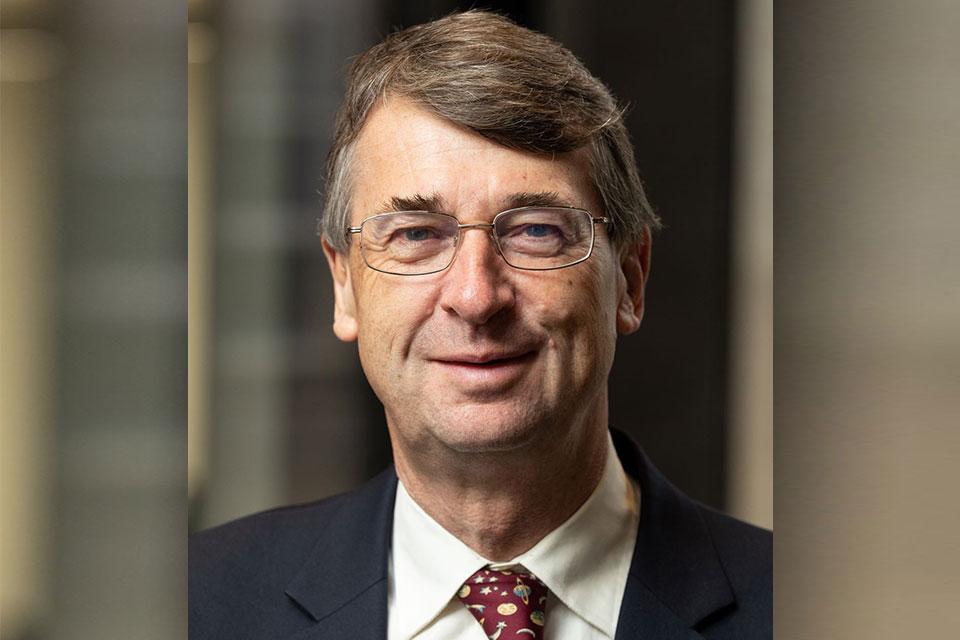Roger Davies, Wetton Professor of Astrophysics and Director of the Hintze Centre for Astrophysical Surveys has been awarded the Institute of Physics’ Fred Hoyle Medal and Prize 2021, for his seminal contributions to understanding the nature and evolution of early type galaxies and developing their use as cosmological probes. The Fred Hoyle Medal recognises distinguished contributions to astrophysics, gravitational physics or cosmology.
Professor Davies has made fundamental contributions to understanding the nature of galaxies and is an international leader in the study of early-type galaxies (ETGs) that contribute about half the stellar luminosity density of the Universe. His work provides the fundamental data against which theories for the origin and evolution of these galaxies are judged and his detailed observations are the foundation for the widely-accepted view of how they assembled. He did the groundwork that led to the idea that massive ETGs formed early, in short bursts of star-formation, whereas in lower mass systems star-formation was sustained for much longer. Furthermore, he has recently found examples of massive galaxies with an enhanced fraction of low mass stars concentrated in the centre, reverting to the Milky Way mass distribution at large radii, and supporting the two-stage formation theory for the most massive ETGs.
Professor Davies’ work has also been influential in studies of large-scale structure; as part of the ‘Seven Samurai' team, his expertise was critical in discovering the Fundamental Plane, a redshift independent distance indicator used to discover gravitationally-induced large-scale flows of galaxies leading to the first comprehensive maps of the local density field.
‘It is a tremendous honour to have my work recognised through the award named after Fred Hoyle, one of the greatest astrophysicists of the 20th century,’ comments Professor Davies. ‘It has been a wonderful journey of discovery to understand how galaxies assemble and evolve and apply that understanding to cosmology.’
‘It is fantastic that Roger’s work and contributions to our understanding of early-type galaxies has been recognised by the IOP,’ comments Professor Ian Shipsey, head of the Department of Physics. ‘As the Philip Wetton Professor and the Director of the Hintze Centre, he is a tremendous asset to our department and a much-valued colleague – congratulations!’
Professor Davies has served as president of the Royal Astronomical Society as well as Head of the Department of Physics from 2005-2010 and is a Fellow of University College London. He is currently President of the European Astronomical Society and was recently elected to the AURA Board of Directors.

